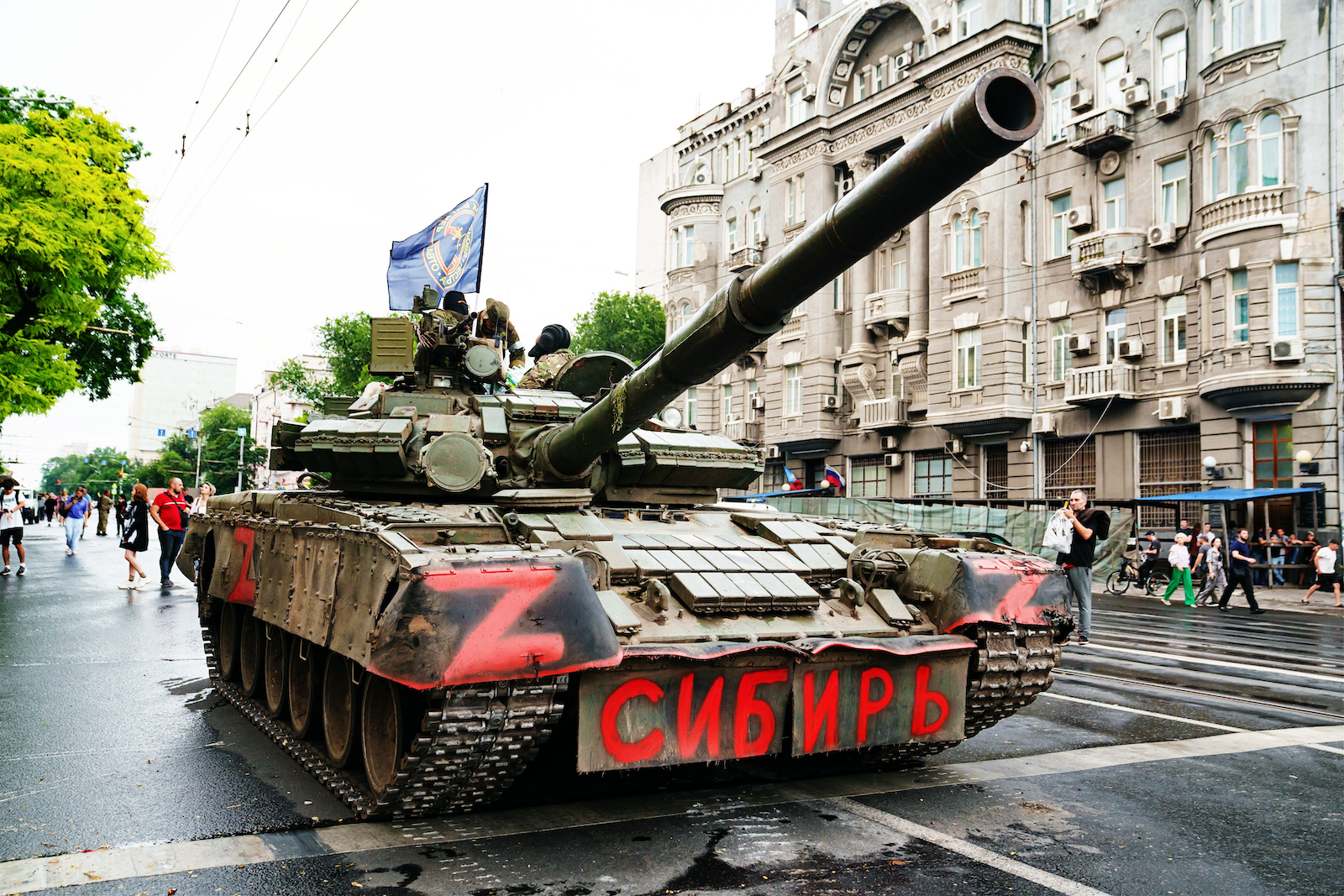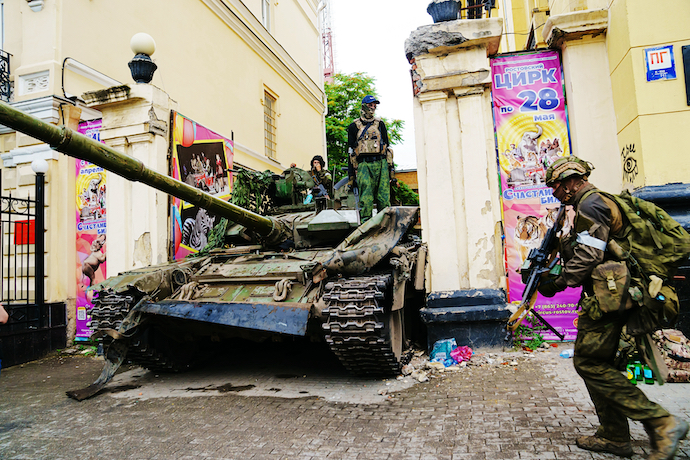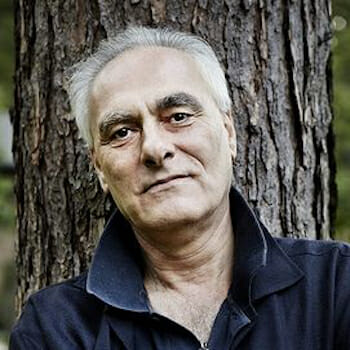
Beijing and African Capitals Grapple with Wagner’s Revolt
A sigh of relief reverberated across a vast expanse of land stretching from China to Africa’s Atlantic coast when Yevgeny Prigozhin, a Russian oligarch who heads the Wagner Group, a state-funded paramilitary organization, called off his mutiny against President Vladimir Putin’s military and security establishment.
However, concerns and unanswered questions still lingered in the minds of Chinese, Central Asian, Middle Eastern, and African leaders regarding Putin’s grip on power and the utilization of groups like Wagner.
The primary question revolves around the role of the Russian military. It remains uncertain whether the military refrained from intervening on Putin’s orders or simply hedged its bets. Additionally, it is unclear whether Prigozhin received support from within the military ranks.
When Prigozhin seized control of Rostov-on-Don, a city housing Russia’s Southern Military District headquarters and home to one million people, Russian military personnel surrendered without resistance. This district is widely regarded as one of the military’s most competent units.
Similarly, Wagner fighters advanced towards Moscow along the M4 expressway, coming within 200 kilometers of the capital, with no military intervention to halt them. A fact-check conducted by Deutsche Welle on videos circulating on social media, purportedly showing the Russian Air Force bombing Wagner on the M4, concluded that the videos were fake.

Alessandro Arduino, an authority on private military companies, questioned the absence of the Russian Air Force. “Where was the Russian Air Force? Wagner may have had tanks, lightweight anti-aircraft systems, and some ground-to-air missiles, but they have not been known to possess long-range anti-missile and anti-aircraft defenses. Consequently, the mercenary convoys en route to Moscow could have been vulnerable to aerial assault.”
The uncertainties are compounded by reports suggesting that General Sergei Surovikin, the former top Russian military commander in Ukraine, was aware of Prigozhin’s planned revolt in advance. Furthermore, Lt. Gen. Vladimir Alekseyev appeared in a video conversing with Prigozhin after the Rostov-on-Don takeover. Notably, General Valery Gerasimov, the military’s chief of staff and a target of Prigozhin’s anger, has not been seen in public since the failed revolt.
To be fair, Surovikin and Alekseyev separately criticized Prigozhin and urged him to halt his revolt. Putin dispatched a brigade loyal to Chechen leader Ramzan Kadyrov, rather than a Russian military unit, to Rostov-on-Don to confront the Wagner Group. Although a confrontation did not occur, Kadyrov is likely to perceive the mutiny as an opportunity to replace Wagner.
Without answers to these questions, Putin will struggle to demonstrate unity among Russia’s military and political elite and to assert his complete control. This will undoubtedly impact foreign leaders’ perception of Putin as a reliable and stable partner.
The Wagner revolt and the concerns about Putin’s grip on power have further undermined Russia’s credibility as a security partner. Its reputation had already been tarnished by its inability to defeat Ukraine.
Putin’s allies in China, Eurasia, the Middle East, and Africa have long felt uneasy about Russia’s invasion of Ukraine, even if they have not publicly condemned it or adhered to the sanctions imposed by the United States, Europe, and other nations.
African leaders, as well as Indonesian President Joko Widodo, Turkish President Recep Tayyip Erdogan, and former Israeli Prime Minister Naftali Bennett, proposed mediation as a means to demonstrate neutrality in the Ukraine conflict. China also presented a plan, but it holds a unique position as the only power believed to possess real influence in Moscow.

China has been capitalizing on Russia’s diminished status in Central Asia, where Russia had long been seen as the region’s security guarantor, and on the neglect of the former Soviet republics by the United States. In May, Chinese President Xi Jinping unveiled an ambitious development plan centered on infrastructure and trade during a meeting with the leaders of the five Central Asian states in Beijing.
Rather than seeking to replace Russia, China aims to emerge as the dominant power in the region, with Russia playing a subordinate role.
If Ukraine wasn’t enough of a headache, the uncertainty surrounding Putin’s status is compounded by a lack of clarity about the future of the Wagner Group, particularly in the Middle East and Africa. Although the Russian company may hold a prominent position, Chinese and other private military companies also operate in these regions.
While Russia’s defense ministry may have control over the group in Ukraine and Syria, subjugating Wagner in Africa could prove more challenging. Unlike Ukraine and Syria, where Russia maintains a strong military presence, there are far fewer, if any, Russian forces in the African nations where Wagner operates.
Wagner has little incentive to relinquish its positions in Africa, as it generates income by supporting governments, warlords, and engaging in lucrative mining deals. The company operates in countries such as Libya, Mali, Sudan, the Central African Republic, Chad, Mozambique, and Madagascar.
Media reports have mentioned an unidentified drone attacking a Wagner base in Libya, south of the rebel-held city of Benghazi, shortly after the mutiny. Russian troops reportedly raided Wagner positions in Syria and detained its commanders.
Nevertheless, the independent actions of Wagner could pose a concern for Chinese private military companies operating on the African continent. Unlike Wagner, which functions as a mercenary and combat force, Chinese companies like Beijing DeWe Security Service, Huaxin Zhongan group, and China Security Technology Group primarily serve as protectors of Chinese investments, assets, and personnel. As a result, they have minimal contact with Wagner.
Mali could serve as a test case for understanding how Wagner’s positioning after the mutiny might affect Chinese companies. Mali has expelled United Nations peacekeepers who were scheduled to withdraw from the country by the end of this year and has instead relied on Wagner.
In 2021, Malian security forces successfully freed three Chinese nationals who had been abducted by unknown gunmen from a construction site in the northern part of the country. In the future, China may find itself compelled to turn to Wagner in an emergency if it does not deploy its own private military.
Moreover, Russia’s experience with Wagner raises concerns about the possibility of military forces revolting against ruling elites. This worry is particularly significant for China, Central Asia, the Middle East, and Africa, where many believe that the era of popular revolts has lost momentum.
While this may not be an immediate domestic concern in China, it is unsettling given China’s preference for stability in the countries across Eurasia, the Middle East, and Africa, with which it maintains close economic and other ties.
For now, China, like others, can breathe a sigh of relief. However, the final chapter on the fallout from the Wagner mutiny has yet to be written.

